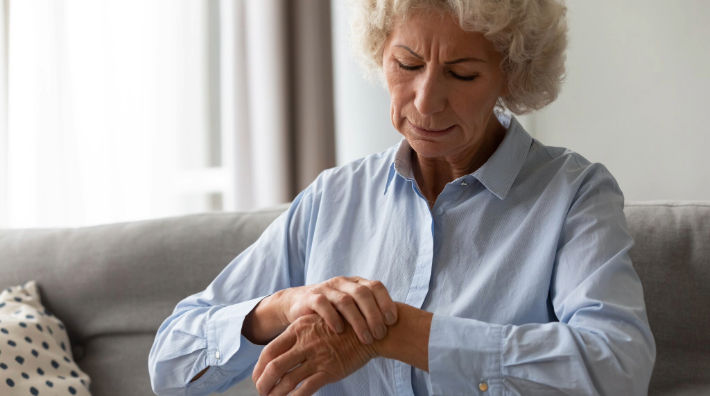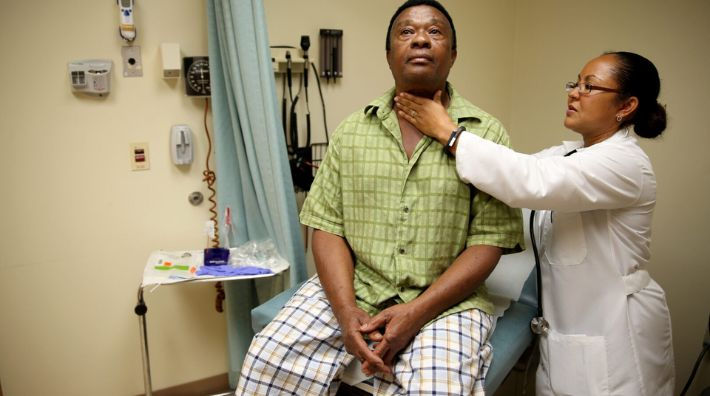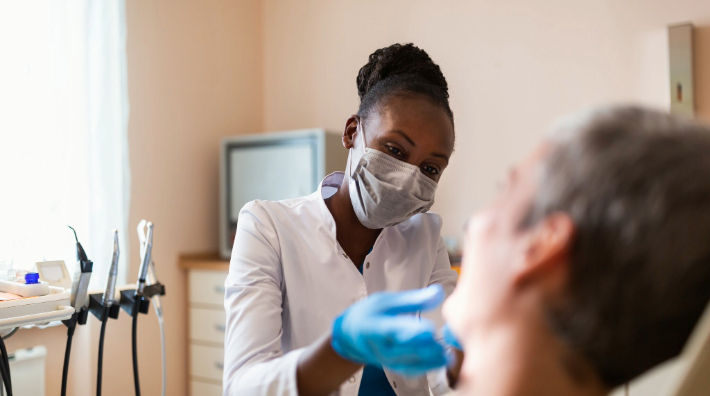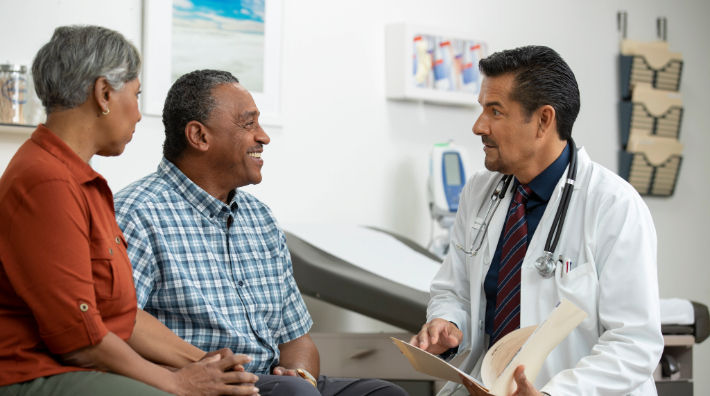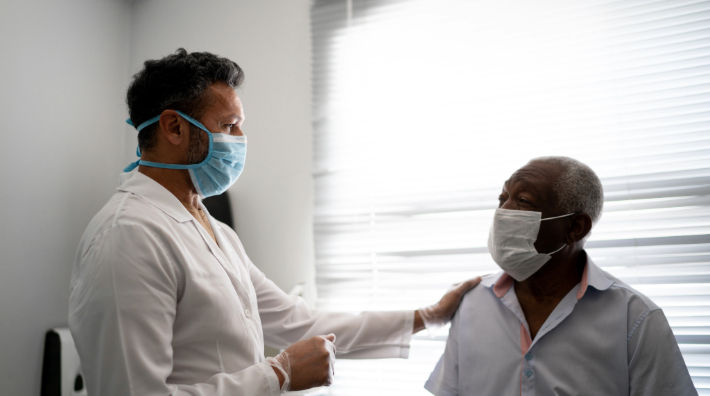Cancer Connections
Cancer News, Stories, and Conversations
Our team of experts brings you cancer-related news, features, and survivor stories.
Filtering by:
Risk FactorsDoes Having Arthritis Increase Cancer Risk?
Published on: July 10, 2025
Certain arthritis types have been linked to increased cancer risk. Find out more and learn ways to help reduce your cancer risk if you have arthritis.
Men’s Health Month: Prostate Cancer Q&A with Dr. Dahut
Published on: June 30, 2025
Dr. William Dahut, the American Cancer Society’s chief scientific officer, discusses prostate cancer.
Are Fireworks Bad for Your Health?
Published on: June 27, 2025
Using or watching fireworks can lead to health issues like lung irritation and hearing damage. Find out how to lower the health risks from fireworks.
HPV and Head and Neck Cancer: Understanding the Risks
Published on: June 11, 2025
Some types of HPV can increase the risk for head and neck cancers. Learn more about protecting yourself from HPV-related cancers.
What Men Need to Know About Inherited Cancer Risk
Published on: June 9, 2025
Men are less likely than women to be aware of their inherited cancer risks. Learn more how your family’s medical history can affect your cancer risk.
3 Steps Women Can Take Now to Reduce Cancer Risk
Published on: May 9, 2025
Lifestyle factors can affect cancer risk. Learn more about lowering your cancer risk by getting more physical activity and avoiding tobacco and alcohol.
Measles and Cancer: What You Need to Know to Stay Safe
Published on: April 24, 2025
If you have a weakened immune system from cancer or cancer treatment, measles is particularly risky. Find out how to protect yourself from this highly contagious virus.
5 Small Diet Changes That Can Have a Big Impact
Published on: April 11, 2025
Sticking with small changes to your diet can improve your overall health and help reduce your cancer risk. Get healthy eating tips here.
